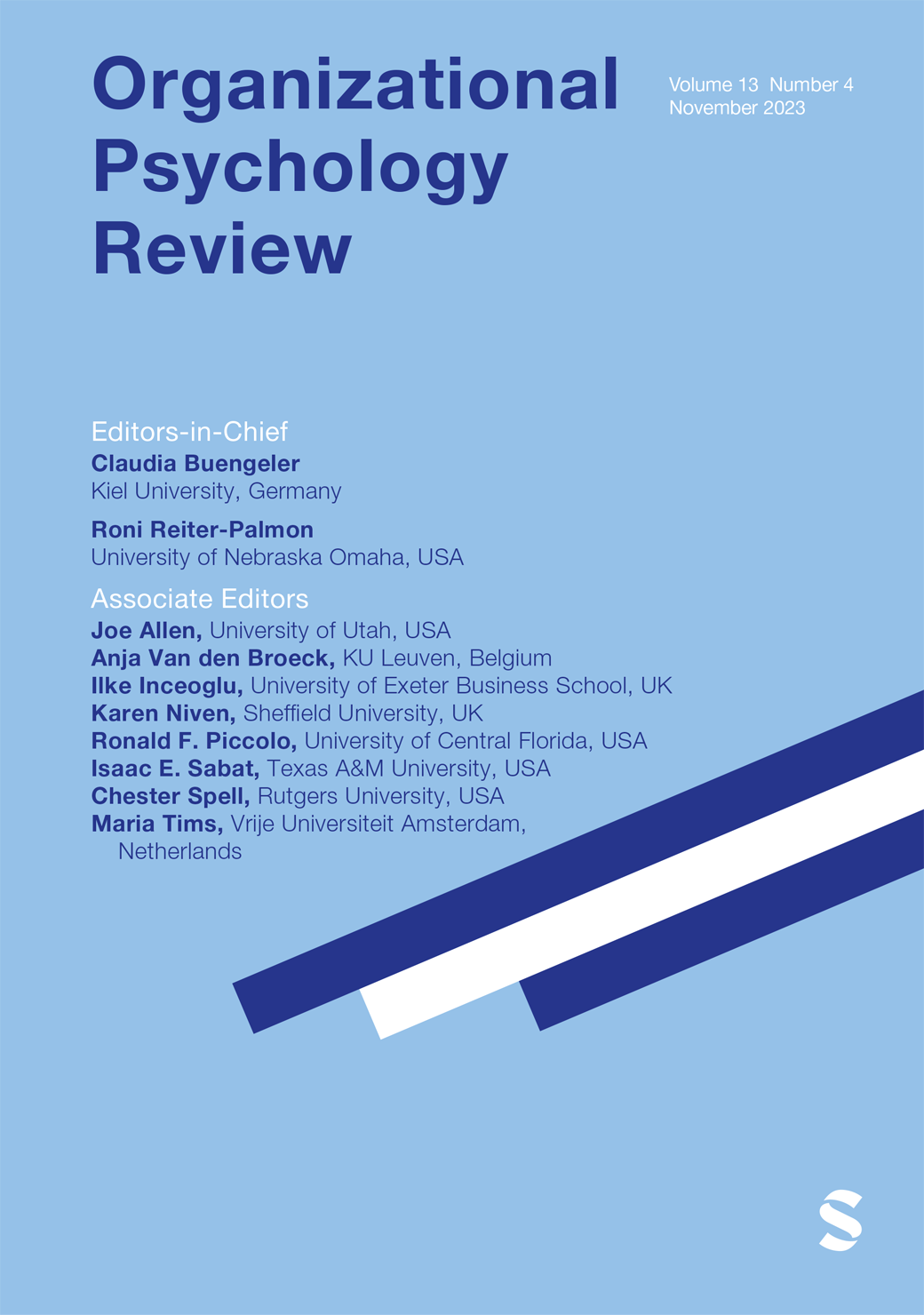从共享气候到个人生态系统:为什么有些人会创造独特的环境
IF 7.1
1区 心理学
Q2 MANAGEMENT
引用次数: 1
摘要
许多组织行为研究着眼于社会环境如何影响个人的经历和行为。我们补充了这一观点,认为有些人创造了自己的环境,并以一种在二人组、团体和组织中遵循他们的方式来创造环境。我们将这些特定于个人的环境称为“个人生态系统”,并提出,当一个参与者持续参与可见的行为,从而在该行为的目标之间引发类似和可见的反应时,就会产生这些环境。我们将个人生态系统的形成归因于社会惯性,并确定了三个个人特征,这些特征增加了个人行为在不同人群和情况下一致的可能性:低自我监控、隐含信念和低情商。最后,我们讨论了为什么理解个人生态系统对组织很重要,确定了这种现象的管理含义,以及减少拥有个人生态系统的可能性的策略。本文章由计算机程序翻译,如有差异,请以英文原文为准。
From shared climate to personal ecosystems: Why some people create unique environments
Much of organizational behavior research looks at how social context influences individuals’ experiences and behaviors. We add to this view by arguing that some individuals create their own contexts, and do so in a way that follows them across dyads, groups, and organizations. We call these individual-specific contexts “personal ecosystems,” and propose that they are created when an actor consistently engages in visible behaviors that trigger similar and visible reactions across targets of that behavior. We attribute the formation of personal ecosystems to social inertia, and identify three individual traits that increase the likelihood that an individual’s behavior is consistent across people and situations: low self-monitoring, implicit beliefs, and low levels of emotional intelligence. Finally, we discuss why understanding personal ecosystems is important for organizations, identify managerial implications of this phenomenon, and strategies for diminishing the likelihood of having personal ecosystems.
求助全文
通过发布文献求助,成功后即可免费获取论文全文。
去求助
来源期刊

Organizational Psychology Review
Multiple-
CiteScore
10.00
自引率
1.60%
发文量
25
期刊介绍:
Organizational Psychology Review is a quarterly, peer-reviewed scholarly journal published by SAGE in partnership with the European Association of Work and Organizational Psychology. Organizational Psychology Review’s unique aim is to publish original conceptual work and meta-analyses in the field of organizational psychology (broadly defined to include applied psychology, industrial psychology, occupational psychology, organizational behavior, personnel psychology, and work psychology).Articles accepted for publication in Organizational Psychology Review will have the potential to have a major impact on research and practice in organizational psychology. They will offer analyses worth citing, worth following up on in primary research, and worth considering as a basis for applied managerial practice. As such, these should be contributions that move beyond straight forward reviews of the existing literature by developing new theory and insights. At the same time, however, they should be well-grounded in the state of the art and the empirical knowledge base, providing a good mix of a firm empirical and theoretical basis and exciting new ideas.
 求助内容:
求助内容: 应助结果提醒方式:
应助结果提醒方式:


